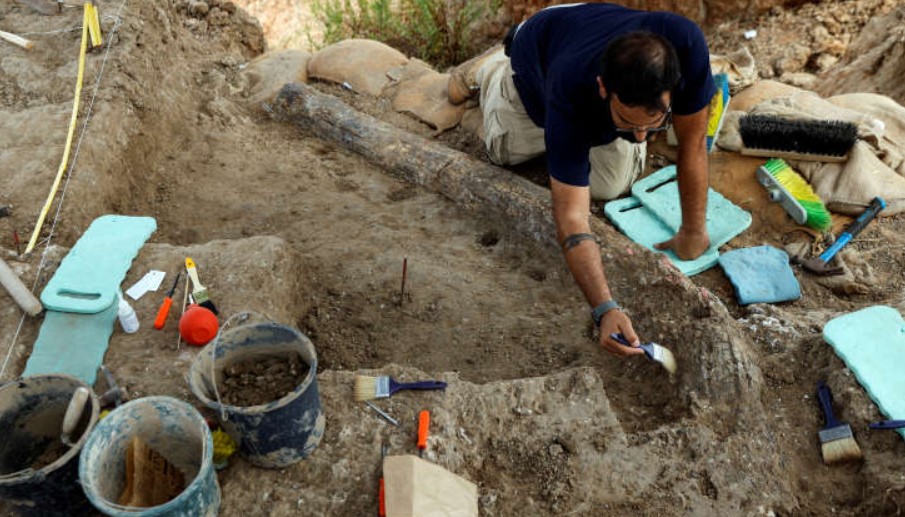According to an INSCOP Research survey released on Wednesday, 51 percent of Romanians with primary education would vote for the Alliance for Romanians' Union (AUR) party if parliamentary elections were to be held next Sunday, among those with secondary education, namely 41 percent would choose the same party, while the Save Romania Union (USR) leads among university-educated voters with 31 percent.
According to the survey, 51 percent of people with primary education would vote for the AUR if parliamentary elections were to be held next Sunday. 18 percent of the respondents would vote for the Social Democratic Party (PSD), 9 percent for the National Liberal Party (PNL), 5 percent for the Hungarian Democratic Union of Romania (UDMR), 4 percent for the USR, 3 percent each for the Young People's Party (POT), the SOS Romania and other parties. No voting preferences were expressed for the Health, Education, Nature, Sustainability Party (SENS) or for an independent candidate.
When asked which party they would vote for if parliamentary elections were to be held next Sunday, 41 percent of Romanians with secondary education said they would choose the AUR, 21 percent the PSD, 14 percent the PNL, 9 percent the USR, 4 percent the UDMR, 4 percent the POT, 4 percent the SENS and 2 percent the SOS Romania. One percent would vote for another party and 1 percent for an independent candidate.
The survey also shows that among voters with higher education, 31 percent would support the USR, 24 percent the PNL, 15 percent the AUR, 12 percent the PSD, 6 percent the SENS, 6 percent the UDMR and 2 percent the POT. One percent would support an independent candidate, 1 percent another party and 1 percent the SOS Romania.
"The Informat.ro - INSCOP Barometer reveals that education is an important predictor of Romanians' political orientation in general and of their response to radical, populist discourse in particular. The distribution of voting intentions shows a clear polarization between those with primary education (up to eight grades) and those with higher education in terms of party support. The AUR leads decisively in the voting intentions of people with primary education. In contrast, university-educated individuals favour parties such as the USR and the PNL. The analysis of the voting by education reveals distinct political cultures that overlap with other types of polarization. The fracture is not only political, but also axiological, reflecting differences in attitudes towards authority, institutions and the idea of social progress. Practically, education functions as a filter for democratic socialisation, producing an electorate with fundamentally different expectations and civic behaviours,' INSCOP Research Director Remus Stefureac said.
The data were collected between 25 October and 2 November using a questionnaire-based interview method.
Interviews were conducted via CATI (telephone interviews). The simple, stratified sample comprised 3,000 people, representative of key socio-demographic categories (sex, age, occupation) for Romania's non-institutionalised population aged 18 and over.
The maximum margin of error is ą1.8 percent, with a confidence level of 95 percent.
































Comentează